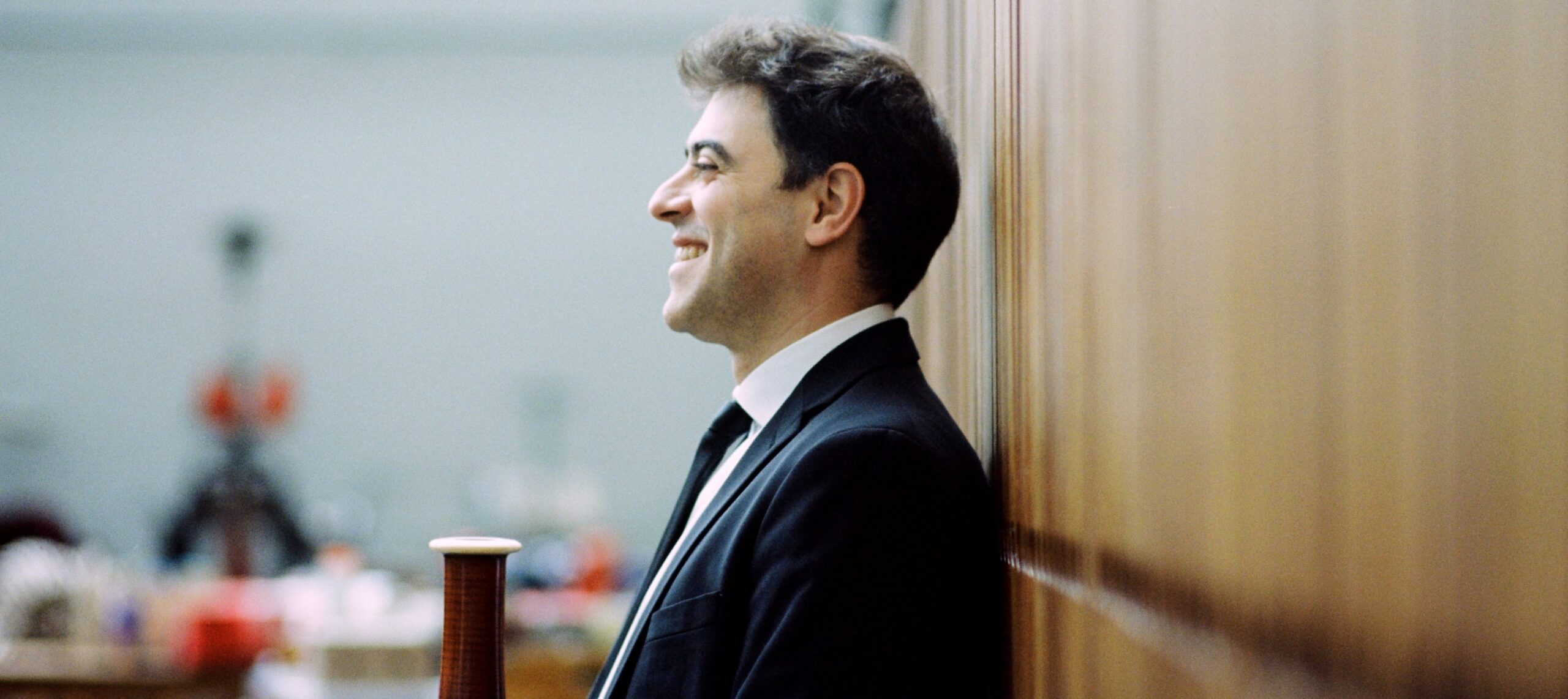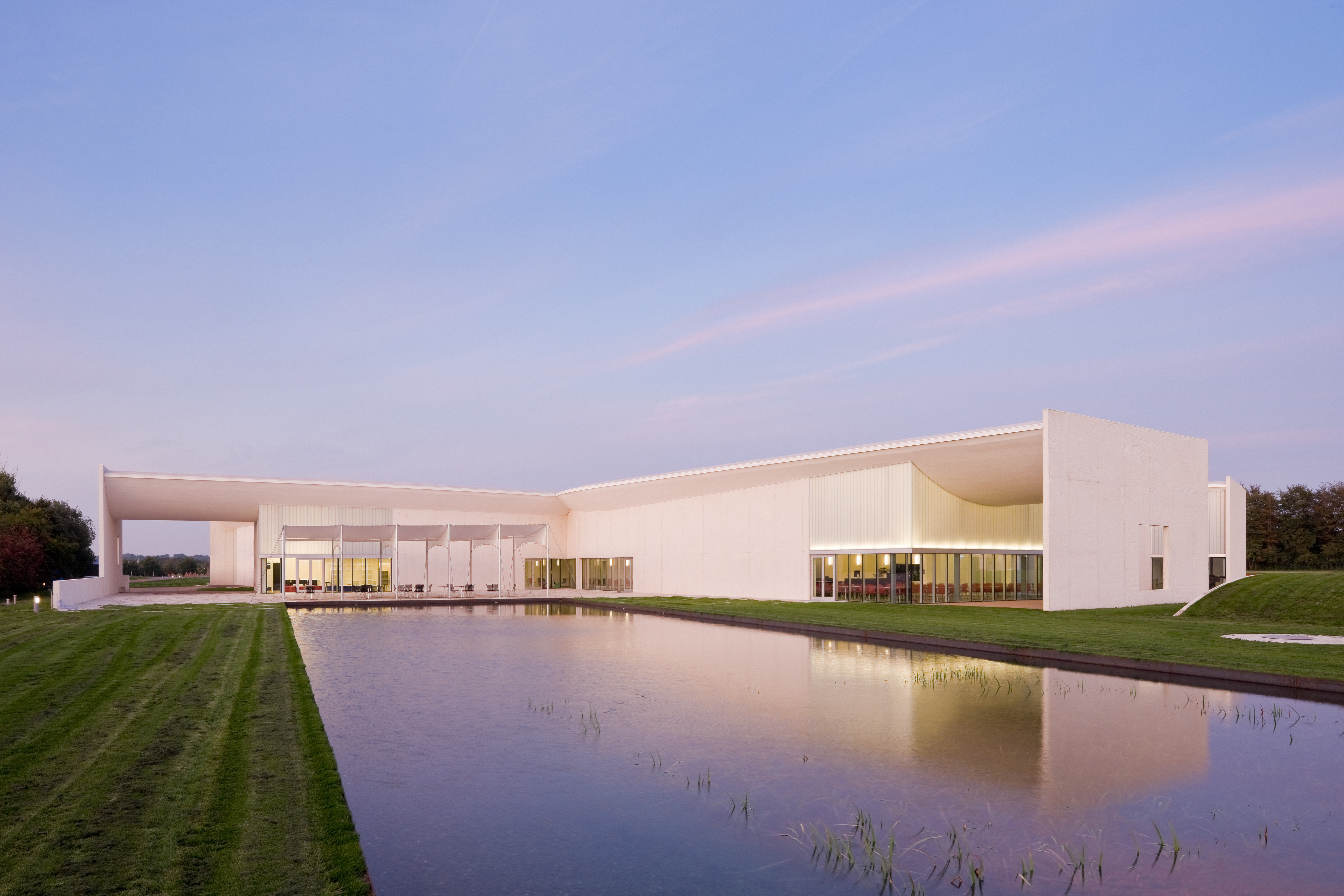
BEYOND THE GENIUS – Ode to a Can
“If it was possible to replace every letter with a note, then even the ugliest word would take you to heaven” – Yavor Petkov
Join us when BEYOND THE GENIUS performs the unique chamber work Ode to a Can at HEART on 26 August. BEYOND THE GENIUS consists of Yavor Petkov, the composer behind the chamber work, Alexander Kamenarov and Georgi Varbanov. They wish to bring a different perspective on famous contemporary works of art, using music as a tool to do so.
Ode to a Can is a four-part chamber work written by the bassoonist Yavor Petkov as a tribute to the Italian artist Piero Manzoni’s iconic Merda d’artista, one of the central highlights in HEART’s collection. Based on the existing work of art, the composition unfolds the composer’s ideas and fantasies around Manzoni’s thoughts behind Merda d’artista and its alleged content. The music breaks down the boundaries between Merda d’artista as a visual object in physical space and the world of sound, which – consisting of physical waves and vibrations – must be perceived and sensed directly with the body. In this way, the composition adds new layers to the way we perceive the work, contributing a new starting point for understanding, experiencing and interacting with Manzoni’s Merda d’artista.
The chamber work is divided into four movements, each of which describes part of the can’s history:
First movement: Searching
This movement describes the chaotic thoughts of the artist.
The centuries of great artistic achievements in the past make the task of the contemporary creators extremely difficult in terms of receiving an acknowledgement for the eternity. Everything was already made – Leonardo and Michelangelo, Monet and Picasso, etc.
The music tries to express many questions such as: How to provoke a reaction? Should I become more egocentric? Where can I find my own way of expression?
Second movement: In the Bathroom
It is a tight and quiet place, where the time is static and starts losing its importance. The artist soul is on the halfway between reality and meditation. The thoughts are short and unclear.
Among the simple sounds which the water can produce in the bathroom a genius egocentric idea of the can was born …
Third movement: The Dream
This movement carries both meanings of the word dream. On one hand, the dream as a series of thoughts and images during sleep and on the other hand as a desire about the future.
“The dream” is composed in two parts: first – a romantic, unmeasured improvisation and second – a rhythmical optimistic and hopeful dance in 7/8.
The composition technique follows the great tradition of musical cryptography of composers such as J. S. Bach and D. Shostakovich, who were able to write a melody, transferring their names or initials into German musical nomenclature (for example B – A – C – H or D – S – C – H).
The theme of “The dream” is based on the notes S (es) – C – H – EIS – S (es) – E, which describes the content of Manzoni’s can in German (KünstlerSCHEISSE).
The harmony and the contra melody are built on the notes H – E – A – E, which is another example of musical cryptography carrying the hidden message Human Excrements – Artists Eternity, an eternity which is the desire of every artist on the earth.
The harmonic and polyphonic crush between S – C – H – EIS – S – E and H – E – A – E fulfil the composer’s idea to create two different sound spheres – the ugly (the content of the can related to the small second intervals) and the magnificent (the artist eternity is related to fourth, fifth and octave intervals).
After presenting the two cryptographic messages, “The dream” is develop with six variations, each of them starting from one of the notes of the theme. For example, variation I starts from the note S, variation II – from the note C and so on.
Fourth movement: In the Factory
The dream comes true, the idea is about to be realised. The artist inspects different stations of the can production cycle (percussion players). The melody line (bassoon) describes the passion, the excitement, the anxiety of the artist who waits to hold the ready can in his hands. A can which costs the amount of 30 g gold.
The path to eternity is open…
Participation is FREE, but registration is required to be able to participate in the event. Click here and sign up now.
After the concert, there will be an opportunity to enjoy a delicious dinner plate at 19.00. The price is 175.00DKK and 125.00DKK for members. The dinner plate is ordered through the link above as an addition to registration for the event.
The last deadline for purchasing tickets and ordering dinner plates is Friday 20 August at 12.00.
Program:
Kl. 17.30: Bubbles and snacks in the foyer
Kl. 18.00: The concert hall: Holger Reenberg gives a welcome speech, then Bitten Damgaard tells about Manzoni, the can, and Herning, and last but certainly not least: a concert with Petkov’s composition.
Kl. ca. 19.00: Optional dinner in the café


















